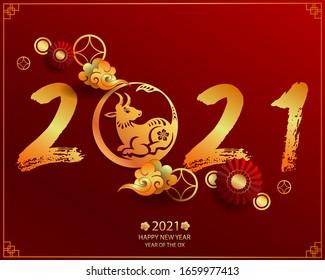
The celebration begins with the first new moon of the Chinese lunar calendar, which typically falls between January 21 and February 20. While each culture has its own specific traditions during Lunar New Year, most celebrations focus on family, wishing for prosperity, and looking forward to the blessings of the upcoming year. Before the adoption of the Gregorian calendar during the Meiji Empire, Lunar New Year was also celebrated in Japan. And in Mongolia, it is celebrated as Tsagaan Sar. In Vietnam, the celebration is known as Tết Nguyên Đán. Although it is often referred to as Chinese New Year due to its historical origin, Lunar New Year is celebrated by many Asian communities. Lunar New Year, also known as Spring Festival, is celebrated in parts of the Asia-Pacific region and by diaspora communities around the world. In this article, you can learn more about why people celebrate Lunar New Year, the history and traditions behind the celebration, and ways you can participate in this holiday respectfully - even if you're not Asian. Lunar New Year takes place on January 22, 2023. Most notably observed by Chinese, Vietnamese, Tibetan, and Korean communities, Lunar New Year is a celebration of family, friends, and cultural heritage.


In many cultures, it is considered the most important holiday of the year. Lunar New Year is a celebration that is important to many Asian and Asian American students.

Lunar New Year is an important holiday celebrated by many Asian communities.The Public Ivies, Little Ivies, and Other Ivy League Equivalents.Student Resources show submenu for Student Resources


 0 kommentar(er)
0 kommentar(er)
